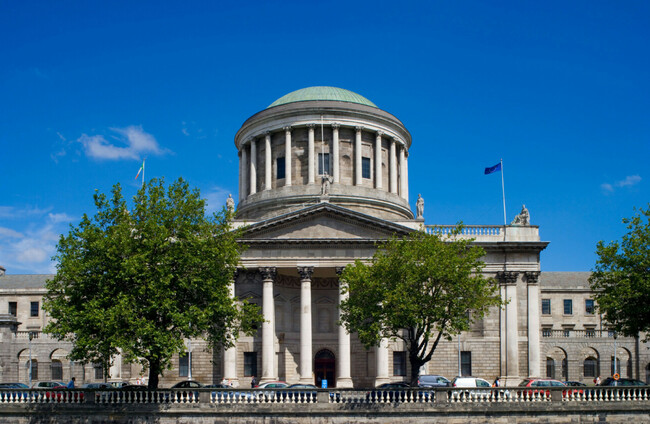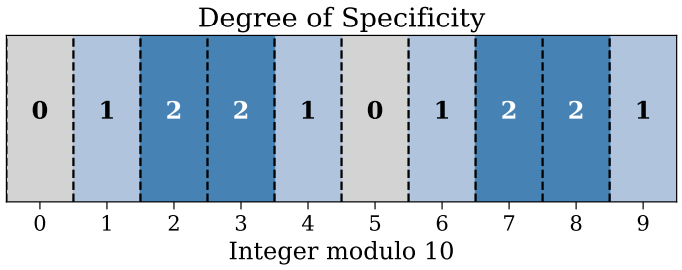A HIGH COURT judge has expressed concern that AI technology could identify an alleged victim of harassment after a defendant used an online tool to produce a document as part of a bid to halt his prosecution.
The man, who entered a plea of guilty at a lower Circuit Court of harassing his ex-wife and her parents, said he was coerced into doing so and sought a stay on his prosecution pending the outcome of his legal challenge.
The man, who cannot be named by order of the Circuit Court judge, claims he entered a plea of guilty to the charges in February of this year because he was under “coercion and threat” from his former legal team.
He said he is innocent of the charges.
At the High Court today, the man, who is in his 40s, successfully applied to have a 43-page report read by the court. He admitted he had used an Artificial Intelligence tool in compiling it in a late bid to bolster his case.
The document was not read out in court but the judge agreed to read its contents.
However, Ms Justice Mary Rose Gearty raised concerns over whether or not the man was in breach of the anonymity order granted by the Circuit Court judge if he had submitted details of the case, which could identify the alleged victims, to the online AI tool.
The man told Ms Justice Gearty that he had an individualised account linked to his email address by subscription and had written assurances that the material was not to be shared online by the service.
The man is taking a review against the DPP to halt his prosecution for the harassment charges. Ms Justice Gearty said she would allow the report to be read by the court and shared with the DPP, An Garda Síochána and the Garda Ombudsman.
Feichín McDonagh, for the DPP, said he opposed the entry of the “expert report” into judicial review proceedings which had already been heard before the High Court in July.
McDonagh said the man had shared his Book of Evidence with an American person of “no understanding” of the Irish judicial system and he had made accusations “against a swathe of people, not just the DPP” and that this was “completely inappropriate” for the man to attempt to reopen the hearing.
McDonagh pointed out that the judicial review was heard in an “expedited” hearing and that the court had already reserved its decision in the case.
Ms Justice Gearty said it was surely better that she read the report and said unless it exposes an “egregious” unfairness to the man it was not a matter for the High Court to rehear any aspect of the challenge.
The judge said she would read the report and indicate later this month whether a new hearing was required on aspects addressed in the document.
McDonagh said the man was “trying to mount some sort of unsubstantiated claim of conspiracy or collusion” involving individuals “all on a completely inappropriate basis”.
Ms Justice Gearty said that she was conscious the matter had been expedited but said she had “no idea” what was in the report.
“I am concerned about the use of an AI tool to prepare the case for the obvious reason of the anonymity provision – the Circuit Court judge has made an order that none of the parties may be identified,” said the judge.
“If material has been put into an AI tool, which you [the man] concede has been done, that is a breach because anything that has been put online can be publicly available by an AI tool may well be treated as being in public as it includes material you feed into the tool,” Ms Justice Gearty told the man.
McDonagh said he suspected that he was sure the material could be used by others but that he had “no idea” whether it could be accessed by putting in a name.
Ms Justice Gearty asked the man to find assurances that the information was not being shared online to be emailed to the parties in the case.
Among claims made by the man in judicial review proceedings is that evidence was withheld, and that gardaí who investigated the case included friends of his ex-wife.
He also alleges his then legal team advised him to plead guilty, and claims that a defence lawyer told him gardaí had “killed” people before and that he should not “draw the gardaí” on him by fighting the charges.
Readers like you are keeping these stories free for everyone...
A mix of advertising and supporting contributions helps keep paywalls away from valuable information like this article. Over 5,000 readers like you have already stepped up and support us with a monthly payment or a once-off donation.
.png)





